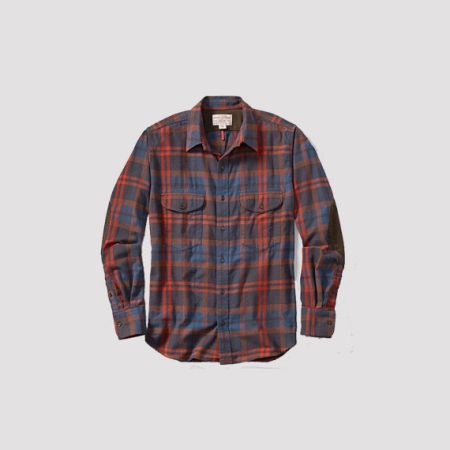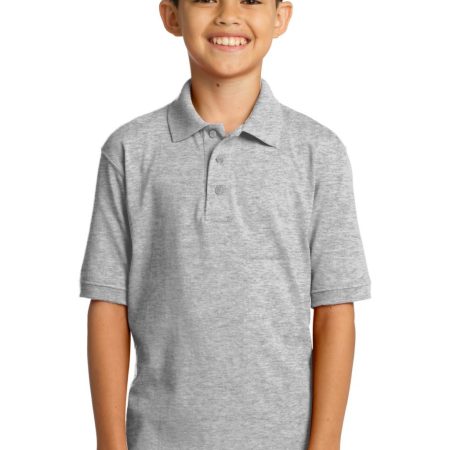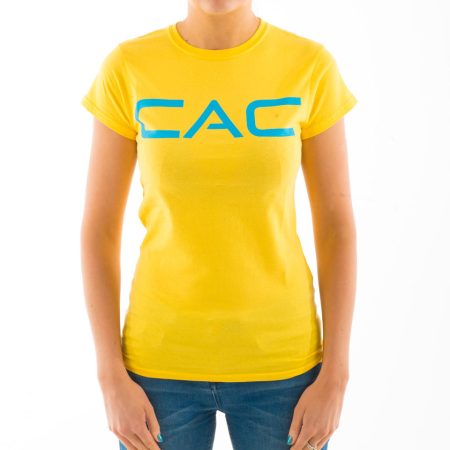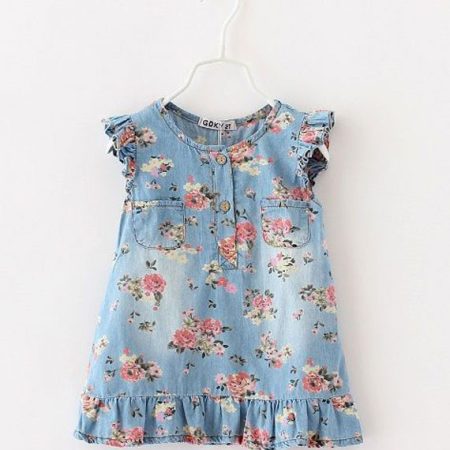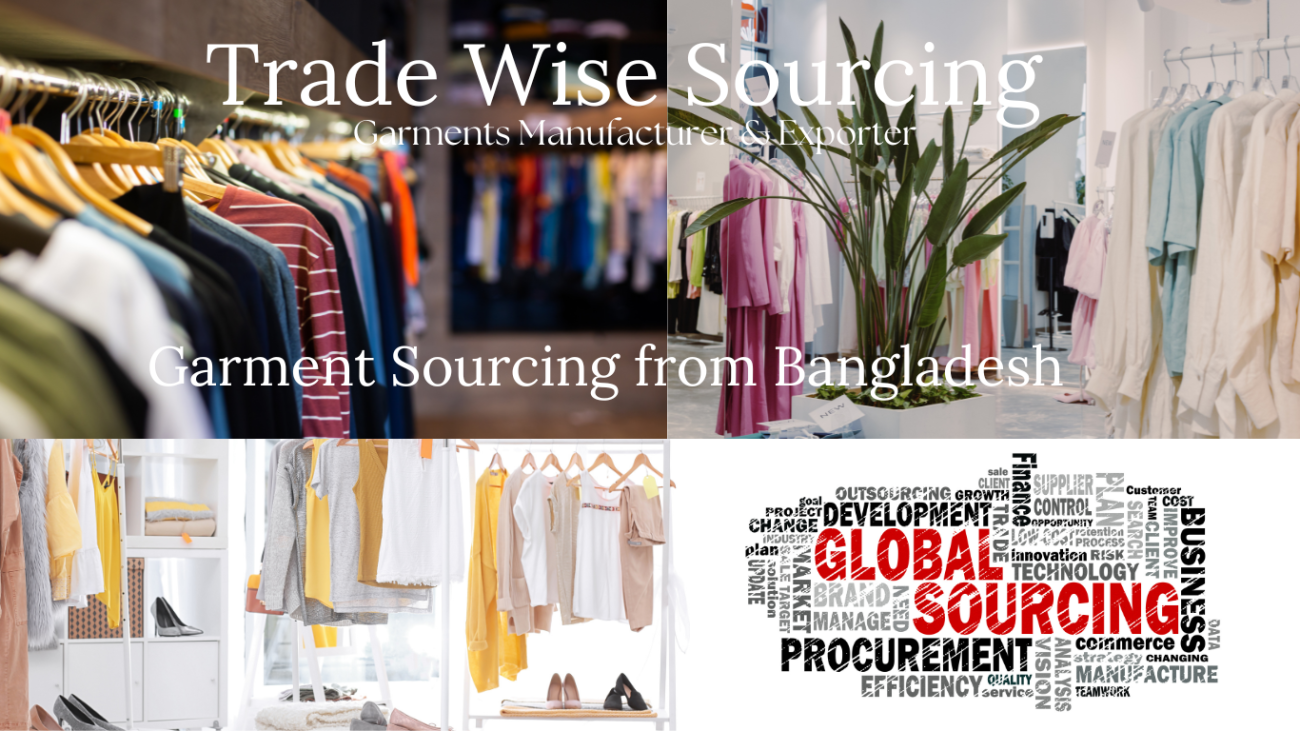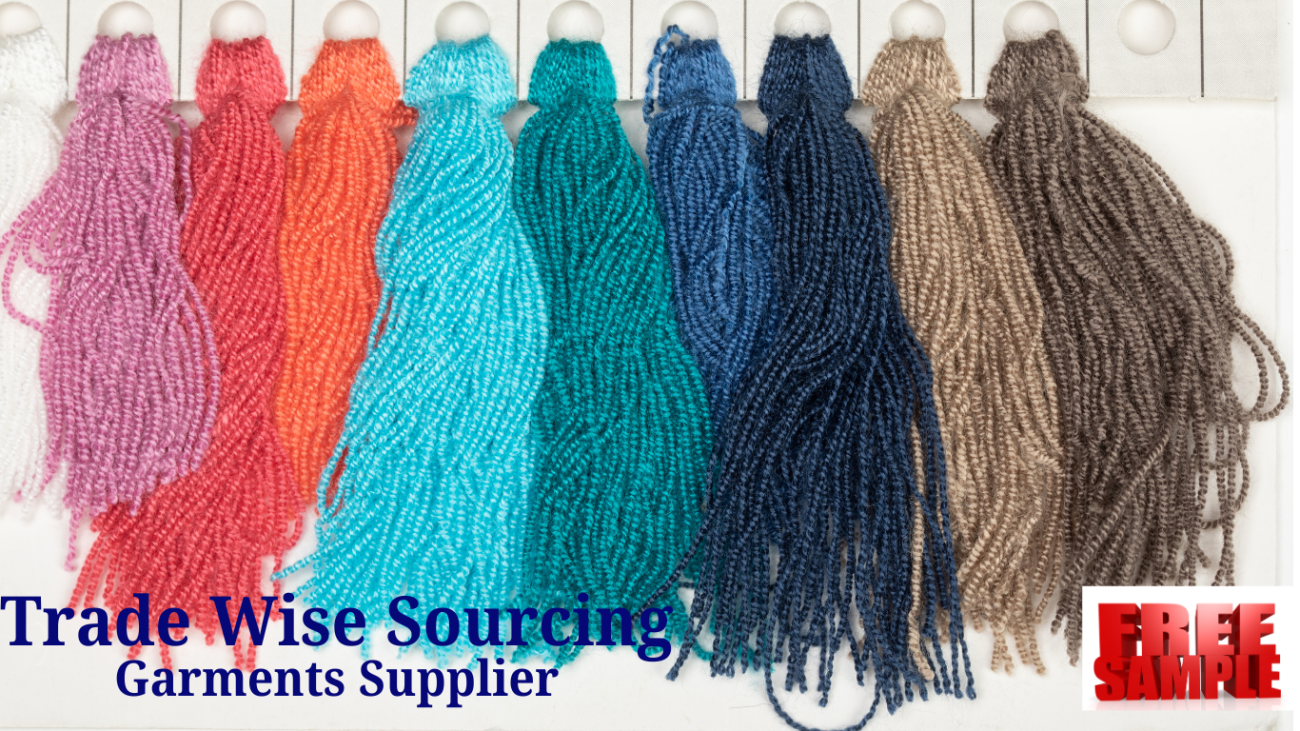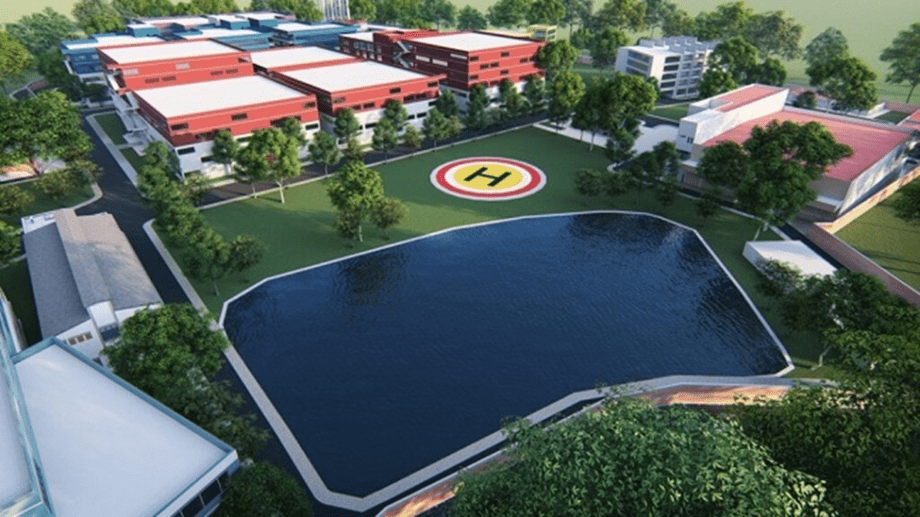The Ultimate Guide to the Textile Industry & Sustainable Fashion Trends
Textile Shop Near Me – Finding the Best Suppliers
Looking for a reliable textile shop near you? Whether you’re sourcing fabric for garments, upholstery, or industrial use, knowing where to find quality textiles is essential. Explore Trade Wise Sourcing, A leading global textile supplier offering high-quality fabrics at competitive prices.
How to Choose the Right Textile Shop
- Look for certified textile manufacturers.
- Compare pricing and quality before purchasing.
- Check customer reviews and industry certifications.
Textile – The Backbone of the Fashion Industry
The textile industry is evolving, with sustainability and innovation at its core. Trade Wise Sourcing Ltd. specializes in organic, recycled, and high-performance textiles, catering to global fashion brands and manufacturers.
Trending Textile Materials
- Organic Cotton
- Bamboo Fabric
- Recycled Polyester
- Modal & Tencel
Modal Fabric – The Future of Comfortable Clothing
Modal fabric is gaining popularity for its softness, durability, and eco-friendliness. It’s a sustainable alternative to cotton, widely used in activewear, underwear, and casual wear.
Why Choose Modal Fabric?
- Breathable and moisture-wicking.
- Wrinkle-resistant and biodegradable.
- Soft as silk, yet highly durable.
Oeko Tex Certification – Ensuring Textile Safety
The Oeko Tex certification ensures that fabrics are free from harmful chemicals. At Trade Wise Sourcing Ltd., we prioritize Oeko Tex-certified textiles, guaranteeing safe and eco-friendly fabric production.
Why Oeko Tex Matters?
- Ensures skin-friendly textiles.
- Meets global safety standards.
- Reduces environmental impact.
Textile Industry – Global Trends & Innovations
The textile industry is rapidly transforming with advancements in sustainability, automation, and eco-friendly fabrics. Trade Wise Sourcing Ltd. remains at the forefront, offering innovative textile solutions for businesses worldwide.
Key Textile Industry Trends
- AI-driven fabric production.
- Waterless dyeing techniques.
- Smart textiles with embedded sensors.
Textile Printing – Customizing Fabric with Technology
Textile printing plays a crucial role in fashion and home decor. Trade Wise Sourcing Ltd. provides custom fabric printing services, ensuring high-quality, vibrant designs.
Types of Textile Printing
- Digital Printing
- Screen Printing
- Heat Transfer Printing
Recycled Clothes – A Step Towards Sustainable Fashion
The demand for recycled clothes is rising as brands shift towards sustainability. At Trade Wise Sourcing Ltd., we manufacture garments using recycled polyester, organic cotton, and upcycled materials.
Benefits of Recycled Clothes
- Reduces textile waste.
- Conserves water and energy.
- Supports a circular fashion economy.
Printing onto Fabric – How It Works
Customizing textiles through fabric printing allows for unique and high-quality designs. Trade Wise Sourcing Ltd. specializes in eco-friendly printing techniques, ensuring long-lasting color vibrancy.
Best Practices for Fabric Printing
- Use high-resolution designs.
- Choose the right fabric for printing.
- Opt for eco-friendly inks.
Geo Textile Fabric – Revolutionizing Industrial Applications
Geo textile fabric is widely used in construction, landscaping, and road reinforcement. Trade Wise Sourcing Ltd. supplies high-quality geo textiles for industrial use.
Why Use Geo Textile Fabric?
- Improves soil stabilization.
- Enhances water drainage.
- Provides erosion control.
Recycled Textiles – The Future of Sustainable Manufacturing
As sustainability becomes a priority, recycled textiles are shaping the future of fashion and manufacturing. Trade Wise Sourcing Ltd. integrates recycled fibers into textile production, promoting eco-friendly fashion solutions.
Advantages of Recycled Textiles
- Cuts down textile waste.
- Reduces environmental footprint.
- Encourages responsible consumption.
Conclusion
The textile industry is evolving, with sustainability and innovation at its core. From Oeko Tex-certified fabrics to recycled textiles, Trade Wise Sourcing. is leading the way in ethical and high-quality fabric production. Contact us today for premium textile solutions tailored to your needs!
